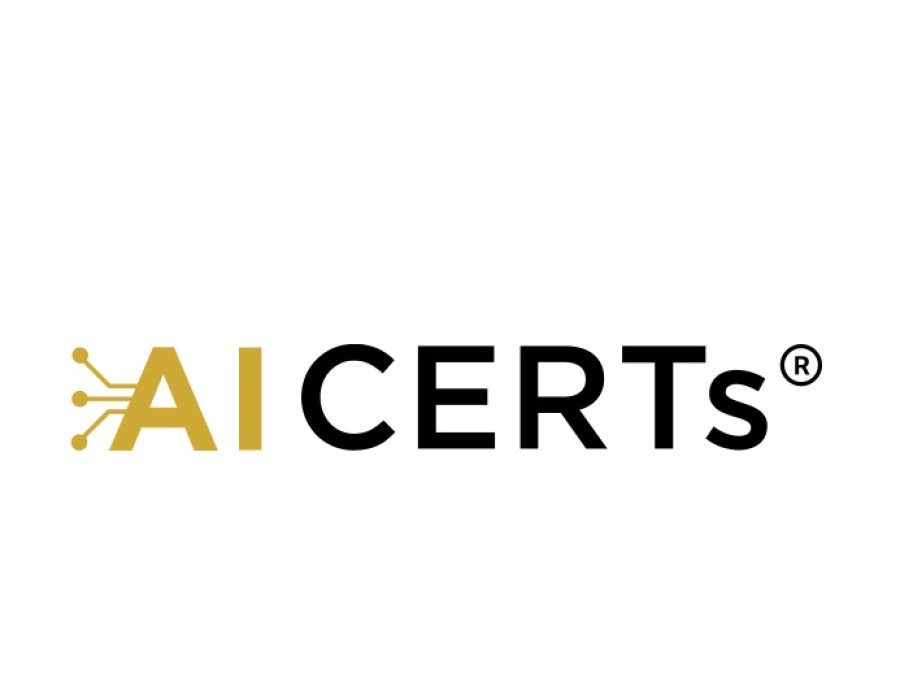The world of artificial intelligence is rapidly evolving, and professionals from diverse backgrounds are seeking to upskill or pivot into AI roles. One common question that arises is whether formal education, such as a university degree, is required to pursue AI certifications and excel in the field. Understanding the requirements, alternatives, and benefits of AI certifications can help you make informed decisions about your career path.
The Growing Popularity of AI Certifications
With AI transforming industries like healthcare, finance, marketing, and logistics, employers are increasingly valuing skills over traditional credentials. AI certs for non-degree holders have become particularly popular, as they provide structured learning paths, practical projects, and validation of expertise without the need for a four-year degree. These certifications allow motivated learners to demonstrate their capability in AI tools, algorithms, and applications, leveling the playing field for professionals from diverse academic backgrounds.
Everything You Need to Know About AI Certification Programs
AI certification programs are designed to teach both foundational and advanced AI concepts, including machine learning, deep learning, natural language processing, and AI-driven data analysis. Many of these programs are offered online and include interactive projects, real-world case studies, and mentorship opportunities.
For individuals without a degree, these programs provide a credible alternative to traditional education. Completing a structured Artificial intelligence certification can validate your knowledge to potential employers, often making practical skills more valuable than theoretical credentials.
Benefits of Pursuing AI Certification Without a Degree
- Career Flexibility: You can pivot into AI roles from any background, including business, engineering, healthcare, or marketing.
- Cost-Effective Learning: AI certifications are typically more affordable and time-efficient than earning a degree.
- Hands-On Experience: Many programs emphasize practical projects, simulations, and problem-solving, giving learners tangible skills to showcase.
- Industry Recognition: Employers recognize certifications from reputable AI training providers as evidence of competency.
- Continuous Learning: AI evolves quickly, and certifications offer a way to stay updated with the latest tools and trends, unlike static degree programs.
Choosing the Right AI Certification Program
Selecting the right program is crucial. Key considerations include:
- Curriculum Relevance: Ensure the program covers current AI tools, frameworks, and techniques.
- Hands-On Projects: Look for programs that include real-world projects, coding exercises, and case studies.
- Instructor Expertise: Check if the course is taught by AI professionals with industry experience.
- Certification Credibility: Certifications from well-known providers carry more weight with employers.
Some learners may also opt for multiple certifications to build a diverse skill set. For example, a foundational AI course followed by specialized programs in computer vision or natural language processing can demonstrate depth and versatility.
Success Stories of Non-Degree Holders
Numerous professionals have successfully transitioned into AI careers without a formal degree. Individuals with backgrounds in mathematics, business, or even humanities have leveraged AI certifications to land roles such as data analysts, machine learning engineers, and AI project managers. These stories highlight that determination, continuous learning, and strategic skill-building are often more important than traditional academic credentials.
Common Misconceptions About AI Certifications
- A degree is not required to pursue AI. Many AI certification programs are designed for non-degree holders and provide accessible learning paths.
- Certifications are valuable even without a formal degree. Practical skills demonstrated through projects and portfolios matter more to employers.
- AI can be learned independently. Structured programs offer step-by-step guidance, mentorship, and resources to make learning achievable.
Conclusion
A degree is no longer a strict prerequisite for entering the AI field. By pursuing the right AI certification programs, non-degree holders can gain hands-on experience, develop industry-relevant skills, and demonstrate competence to employers. The path to a successful AI career is defined not solely by formal education, but by ontinuous learning, practical application, and a willingness to embrace new technologies.






Comments